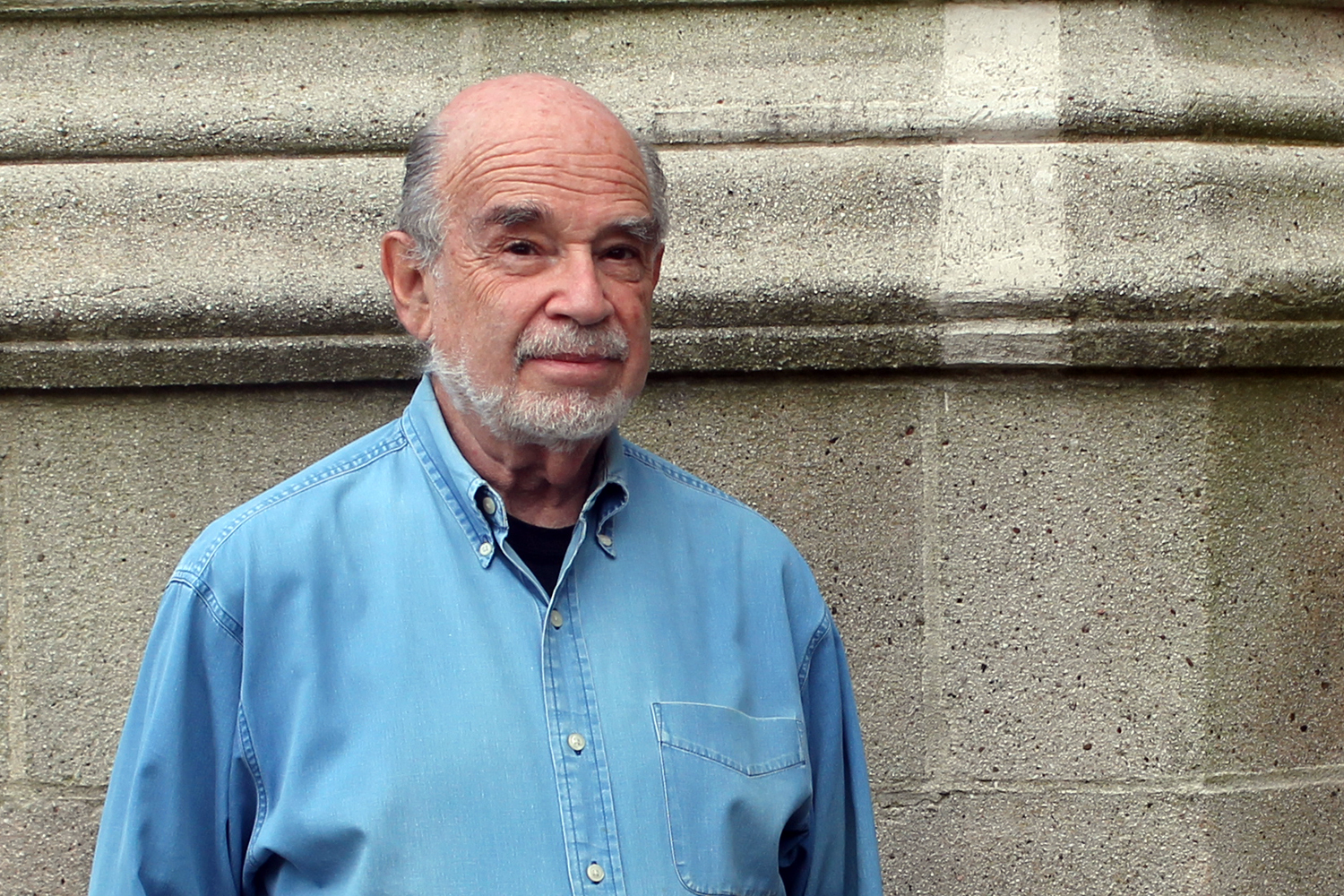As a scholar of both law and philosophy, UConn Law Professor Thomas Morawetz has written extensively about legal philosophy and ethics. Over the years, however, he has also explored a range of topics with more subtle ties to the law, including literature, language and the subject of his latest book: identity.
“Knowing Self, Changing Self: The Interplay of Reality, Fantasy, and Friendship,” published this month by Rowman & Littlefield, considers how an individual’s sense of identity develops less through introspection than through experiences with other people—and how identity is a work in progress throughout one’s life. Adding an autobiographical element is the interaction between Morawetz and his co-author, the mental health therapist Scotty Enyart, who is also a good friend.
 While the book is not a legal treatise, it will prove helpful to law students and lawyers because a thorough understanding of the self is an essential asset in shaping and pursuing one’s life in law, Morawetz said.
While the book is not a legal treatise, it will prove helpful to law students and lawyers because a thorough understanding of the self is an essential asset in shaping and pursuing one’s life in law, Morawetz said.
“Our knowledge of self is a very fragile thing” influenced by experiences and relationships as well as our thoughts and beliefs, Morawetz said. “It’s a wide-ranging book; I see it as seminal in bringing together my deepest interests and concerns over 30 or 40 years.”
In the first half of the book, Morawetz explores the nature of self-knowledge, the many factors that influence it, and the many ways it can be conceived. He examines how truth, fantasy, recognition, associations and the various roles that people adopt in their lives contribute to identity in concert and in conflict with each other. The second half of the book is an open exchange between Morawetz and Enyart about their individual histories and the effects of their unexpected and strong friendship on the way they view themselves.
Morawetz’s interest in identity has come through in several works, perhaps most notably his 2001 book, “Making Faces, Playing God: Identity and the Art of Transformational Makeup.” It examines the transformation of humans into demons, aliens or just people who are vastly different from the originals behind makeup and prostheses. It is, he wrote, a “daring way to see how we challenge our limits of identity in time, place, and context.”
At the same time that the new book is being published, Routledge is reissuing another of Morawetz’s works, “Law’s Premises and Law’s Promise: Jurisprudence after Wittgenstein,” which was first published in 2000. The book consists of 11 essays that apply philosophy of language in general and the insights of the philosopher Ludwig Wittgenstein in particular to questions of legal theory and problems in legal ethics.
Among Morawetz’s many other books are “Literature and the Law,” “The Philosophy of Law: An Introduction,” and “Wittgenstein & Knowledge: The Importance of ‘On Certainty.’ ” He has also published more than 40 articles on legal, philosophical and related topics, as well as reviews of modern literature, including both general fiction and crime novels.
Morawetz joined the UConn Law faculty in 1977. He is a graduate of Harvard College and was a Fulbright Fellow at University College, Oxford. He earned an M.Phil. and a Ph.D. in philosophy at Yale University, where he also earned his JD. At UConn School of Law, he teaches Criminal Law, Contemporary Legal Theory (Jurisprudence), and several courses on Law and Literature.



